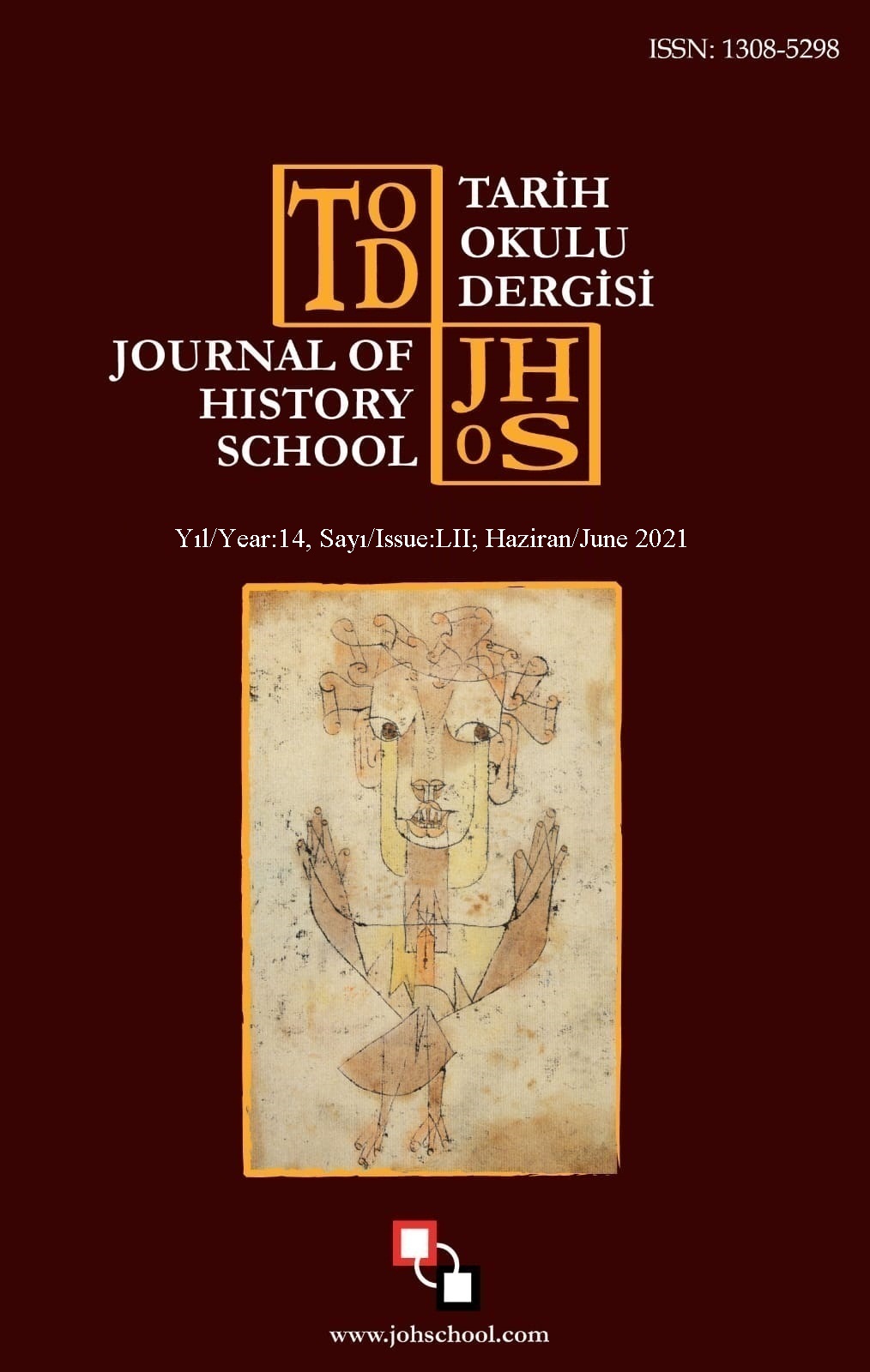ALANLA İLİŞKİLENDİRİLMİŞ FİNANSAL OKURYAZARLIK EĞİTİMİ MODELİNİN SOSYAL BİLGİLER ÖĞRETMEN ADAYLARININ FİNANSAL OKURYAZARLIKLARI VE FİNANSAL TUTUMLARINA ETKİSİ
Author :
Abstract
Bu çalışmada sosyal bilgiler öğretmen adaylarının finansal okuryazarlıklarının nasıl iyileştirilebileceği sorusuna cevap aranmıştır. Bu bağlamda araştırmacı tarafından geliştirilen finansal okuryazarlık eğitimi modelinin (FOEM) Türkiye’de sosyal bilgiler lisans eğitimi kapsamında verilen ekonomi dersi ile bütünleştirilerek uygulanmasının öğretmen adaylarının finansal okuryazarlıkları ve finansal tutumları üzerindeki etkililiğinin ortaya konulması amaçlanmıştır. Araştırmada, zengin bir veri çeşitliliği elde etmek amacıyla nicel ve nitel araştırma modellerinin birlikte kullanıldığı karma yöntem desenlerinden “yakınsayan paralel desen” prosedürü takip edilmiştir. Bu kapsamda araştırmanın nicel boyutu için deneysel yönteme, nitel boyutu için ise durum çalışması yöntemine başvurulmuştur. Araştırmanın çalışma grubunu bir devlet üniversitesinin eğitim fakültesi sosyal bilgiler eğitimi 1. sınıf düzeyinde öğrenim gören 76 öğretmen adayı (37 Kız ve 39 Erkek) oluşturmuştur. Araştırma kapsamında nicel verilerin toplanması için “Finansal Okuryazarlık Testi” ve “Finansal Okuryazarlık Tutum ve Davranış Ölçeği” kullanılmıştır. Nitel verilerin toplanması amacıyla da odak grup görüşme tekniği çerçevesinde araştırmacı tarafından oluşturulan “yarı-yapılandırılmış görüşme formu” kullanılmıştır. Araştırmaya ilişkin uygulama ve veri toplama süreci 2015-2016 eğitim öğretim yılı bahar döneminde verilen “Ekonomi” dersi kapsamında toplamda 14 hafta sürmüştür. Araştırma sonuçları Ekonomi dersine entegre FOEM kapsamında uygulanan finansal okuryazarlık öğretimi etkinliklerinin sosyal bilgiler öğretmen adaylarının finansal okuryazarlıkları ve finansal tutum ve davranışları üzerinde istatistiksel olarak anlamlı ve pozitif yönde bir etki oluşturduğunu ortaya koymuştur. Ayrıca odak grup görüşmelerinden elde edilen sonuçların nicel veri toplama araçlarıyla ulaşılan bulguları büyük oranda desteklediği sonucuna ulaşılmıştır.
Keywords
Abstract
In this study, it was sought an answer to the question how to improve the financial literacy of social studies teacher candidates. In this context, it is aimed to reveal that the effectiveness of implementation of the financial literacy education model [FL-EM] developed by the researcher integrating into the Economics course given within the scope of social studies education in Turkey on teacher candidates’ financial literacy and financial attitudes. In the study, it was followed the "convergent parallel pattern" procedure, which is one of the mixed method designs in which quantitative and qualitative research models are used together in order to obtain a rich variety of data. Concordantly, the experimental method was used for the quantitative dimension of the research and the case study method was used for the qualitative dimension. The study group of the study consisted of 76 teacher candidates (37 girls and 39 boys) studying at the first grade level of social studies education at the education faculty of a state university. In the study, "Financial Literacy Test" and "Financial Literacy Attitude and Behavior Scale" were used to collect quantitative data. In order to collect qualitative data, the "semi-structured interview form" created by the researcher within the framework of the focus group interview technique was used. In order to collect qualitative data, the "semi-structured interview form" created by the researcher within the framework of the focus group interview technique was used. The implementation and data collection process of the research lasted 14 weeks in total within the scope of the "Economy" course given in the spring semester of the 2015-2016 academic year. The results of the research revealed that the financial literacy teaching activities implemented within the FL-EM integrated into the Economics course had a statistically significant and positive effect on the financial literacy and financial attitudes and behaviors of social studies teacher candidates. In addition, it was concluded that the results obtained from the focus group interviews substantially supported the findings obtained with quantitative data collection tools.
